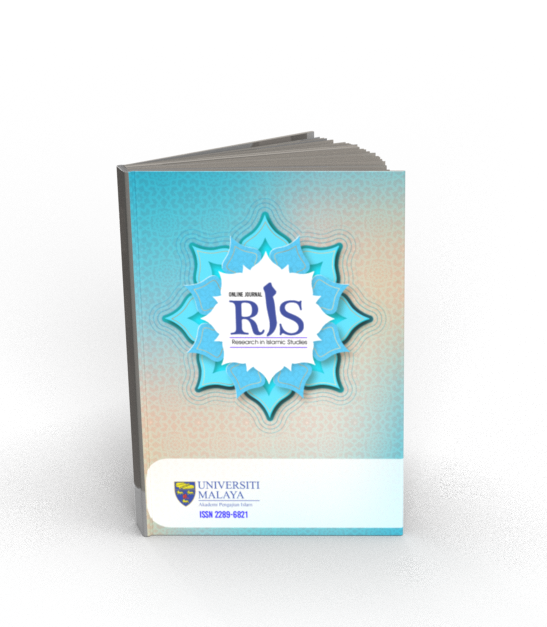Main Article Content
Abstract
This paper examines the symbiotic relationship between deviant religious teachings and conspiracy theories, investigating their shared characteristics, adaptability, and impact on the Muslim community. The study objectives encompass analyzing examples of this relationship, exploring the factors driving the utilization of conspiracy theories by deviant teachings, and evaluating the consequences for the Muslim community. Employing a qualitative approach, the research integrates a comprehensive literature review, case study analysis, and examination of online sources. The analysis involves collecting and scrutinizing instances of deviant teachings and their utilization of social media platforms, along with the accompanying conspiracy theories. The roles played by conspiracy theories in fostering group cohesion, legitimizing teachings, mobilizing support, and countering criticism are assessed. The findings reveal the extensive exploitation of social media and the internet by deviant teachings to propagate their ideologies. Conspiracy theories serve as potent tools to augment the appeal and credibility of these teachings, contributing to the formation of group identities, the establishment of legitimacy, and the attraction of followers. Furthermore, the study uncovers indications of potential involvement of proponents of deviant teachings as conspirators, given the proliferation of teachings with unclear sources and the reliance on conspiracy theories. In conclusion, this study emphasizes the necessity of comprehending and addressing the symbiotic relationship between deviant teachings and conspiracy theories. By promoting informed religious education and leveraging social media effectively, it is feasible to mitigate the adverse impact of these ideologies and safeguard the Muslim community against misconceptions and divisive influences.
Keywords
Article Details
Copyright (c) 2023 Online Journal of Research in Islamic Studies

This work is licensed under a Creative Commons Attribution-NonCommercial-ShareAlike 4.0 International License.
Copyright Notice
By submitting manuscripts to the Online Journal of Research in Islamic Studies (RIS), authors agree to transfer copyright to the journal. However, authors may republish their work or grant others permission to republish it; in which case it should be accompanied by a proper acknowledgment that the work was originally published in the Online Journal of Research in Islamic Studies (RIS). The journal adopt CC-BY-NC licence which authors may also share and distribute their article anywhere of non-commercial website, social media and repositories immediately on publication.
Authors may also reuse the Abstract and Citation information (e.g. Title, Author name, Publication dates) of their article anywhere at any time including social media such as Facebook, blogs and Twitter, providing that where possible a link is included back to the article on the journal site.
